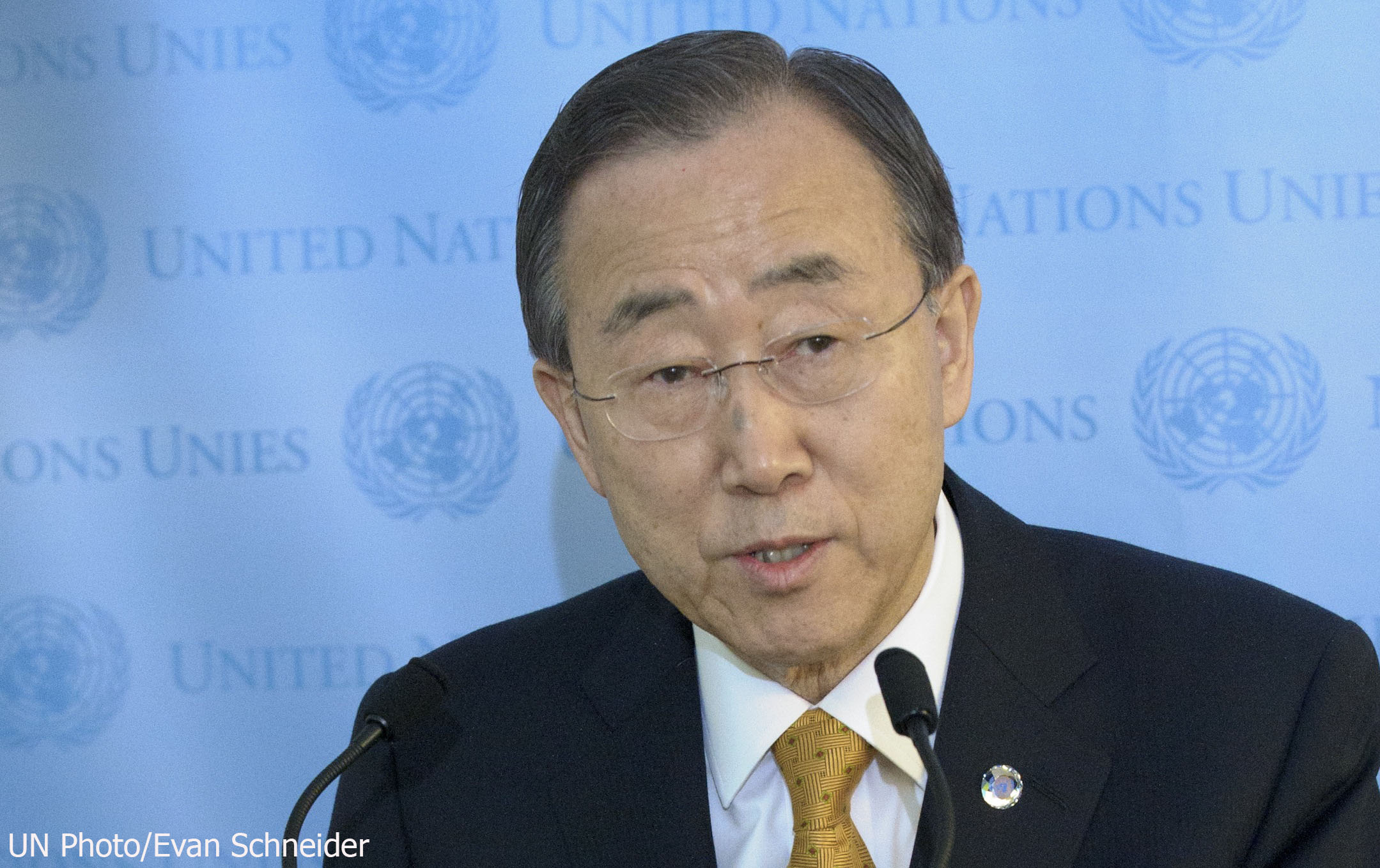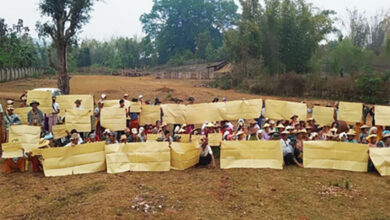UN Secretary General Demands Sexual Violence Investigation

International pressure for an investigation into sexual violence in Burma is mounting, with the United Nations Secretary General Ban Ki-moon calling for the Burma government to co-operate with the UN on the issue.
Ban Ki-moon called on the Burma Government to investigate human rights abuses, including sexual violence.
“I call on the Government of Myanmar to fully investigate and respond to current and historical human rights violations and abuses, including crimes of sexual violence. I urge the Government, with the support of the United Nations and it partners, to work to develop a comprehensive protection and service response for survivors,” Mr Ban Ki-moon said in a report presented to the UN Security Council.
Mr Ban Ki-moon also noted that there had been increasing reports of sexual violence in Burma since 2013, especially in war-torn Kachin State, which has been in a state of conflict since the Burma Army launched a large-scale offensive in June 2011.
“Since September 2013 there have been increased reports of sexual violence, including the rape of girls as young as 7 years of age, incidents involving multiple perpetrators and the involvement of armed actors and uniformed services.”
Women and girls in Burma’s conflict areas were also at risk of sexual exploitation, Ban Ki-moon said. “Conflict-affected women and girls in camps for internally displaced persons are also at risk of being trafficked, often by so-called ‘brokers’, to neighbouring countries for the purposes of forced marriage and sexual exploitation.”
Burma Campaign UK, a human rights advocacy organisation, welcomed the statement by the UN Secretary General but questioned whether the UN could indeed influence the Burma Government.
“Burma Campaign UK welcomes the fact that the UN Secretary General is focusing more on sexual violence in Burma, and has called for an investigation,” said Zoya Phan, Campaigns Manager at Burma Campaign UK.
Zoya Phan was nevertheless concerned that the UN was powerless to influence the Burma Government.
“The United Nations has made dozens of calls on the Burmese government to hold credible investigations into human rights violations, and all have been ignored. It is time the United Nations established its own investigation.”
The UN Secretary General has presented the UN annual report on conflict-related sexual violence to the Security Council since 2012. The presentation is given before the Security Council debate the issue of sexual violence on Friday 25th April.
The report comes as a growing number of human rights organisations and political parties in Burma demand an investigation into sexual violence, which is often perpetrated by the Burma Army.
Last week, the Kachin National Oganisation, a political party from Kachin State, also called for an international investigation and alleged it had documented cases of rape and sexual violence committed by Burma Army soldiers as recently as the 10th of April 2014.
In an April 18 interview with Karen News, Naw K’nyaw Paw, the Secretary of the Karen Women’s Organization (KWO), a community based organisation representing more than 49,000 women from Burma, said that there was a culture of impunity in the Burma Army towards human rights abuses, and especially sexual violence.
“In that culture it is acceptable to use sexual violence against ethnic women. The highest levels of the military must change that culture.”
A 2014 report by the Women’s League of Burma, a multi-ethnic organisation representing 13 women’s groups inside Burma, documented more than 100 cases of military perpetrated sexual violence and rape since 2010 with victims as young as eight years old – 47 were gang rapes and 28 women were either killed by their abusers or later died of their injuries – leading the WLB to maintain that sexual violence was a deliberate war-time strategy employed by the Burma Army.
“Their widespread and systematic nature indicates a structural pattern: rape is still used as an instrument of war and oppression.”




